How to get Help for Depression

How do I stop it from happening?
Major depressive disorder (MDD) is a serious mental health condition characterized by persistent feelings of sadness, hopelessness, and a loss of interest in activities. It can significantly impact an individual’s daily functioning and quality of life. This article explores comprehensive treatment strategies for MDD, combining various approaches to achieve the best possible outcomes.
Pharmacotherapy
- Antidepressants: Antidepressant medications, such as selective serotonin reuptake inhibitors (SSRIs), serotonin-norepinephrine reuptake inhibitors (SNRIs), and tricyclic antidepressants (TCAs), are often the first-line treatment for MDD. These medications work by altering the levels of neurotransmitters in the brain, such as serotonin and norepinephrine, to alleviate depressive symptoms.
- Combination Medications: In some cases, a combination of different antidepressants or the addition of other medications, such as atypical antipsychotics or mood stabilizers, may be prescribed to enhance treatment efficacy or address specific symptoms.
Psychotherapy
- Cognitive-Behavioral Therapy (CBT): CBT is a well-established psychotherapy approach that focuses on identifying and modifying negative thought patterns and behaviors that contribute to depression. Through CBT, individuals learn coping strategies and problem-solving skills to manage their symptoms.
- Interpersonal Therapy (IPT): IPT is a time-limited therapy that addresses the interpersonal issues and conflicts that may be contributing to or resulting from depression. It helps individuals improve their communication skills and build more satisfying relationships.
- Mindfulness-Based Interventions: Mindfulness practices, such as mindfulness-based cognitive therapy (MBCT) and mindfulness-based stress reduction (MBSR), have shown promise in treating MDD. These interventions help individuals develop present-moment awareness, self-compassion, and emotional regulation skills.
Lifestyle Modifications
- Exercise: Regular physical activity has been shown to have antidepressant effects and can be an important component of a comprehensive treatment plan for MDD. Exercise helps release endorphins, improve mood, and reduce stress and anxiety.
- Sleep Hygiene: Establishing healthy sleep habits, such as maintaining a consistent sleep schedule, creating a relaxing bedtime routine, and avoiding stimulating activities before bed, can help improve sleep quality and alleviate depressive symptoms.
- Nutrition: A balanced and nutritious diet can support overall mental health. Some studies suggest that certain nutrients, such as omega-3 fatty acids and B vitamins, may have mood-boosting properties.
It’s important to note that treatment for MDD should be individualized based on the severity of symptoms, personal preferences, and any co-occurring conditions. A mental health professional can help develop a tailored treatment plan that combines the most appropriate strategies for each individual.
While these treatment approaches have demonstrated effectiveness, they are not without limitations. Antidepressant medications can have side effects, and finding the right medication and dosage may require trial and error. Psychotherapy may not be accessible or affordable for everyone, and its effectiveness can depend on the therapeutic alliance and the individual’s engagement in the process.
Critics argue that the focus on pharmacotherapy and structured therapy approaches may overlook the importance of addressing the broader social and environmental factors that contribute to depression. They emphasize the need for a more holistic approach that considers the individual’s life circumstances, relationships, and societal influences.
In conclusion, a comprehensive treatment strategy for major depressive disorder should integrate pharmacotherapy, psychotherapy, and lifestyle modifications to achieve the best possible outcomes. By working closely with mental health professionals and actively participating in their treatment plan, individuals with MDD can find relief from their symptoms and improve their overall well-being.
Types of Therapy




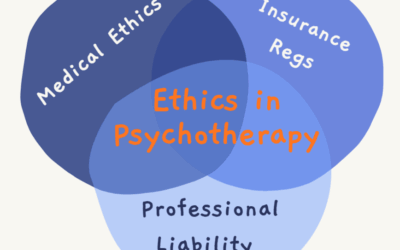
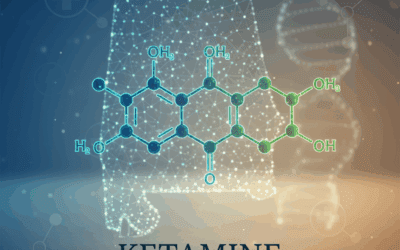
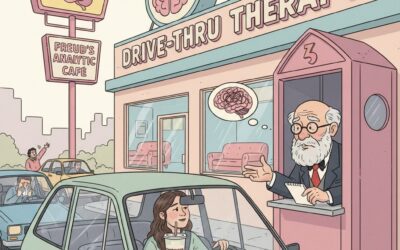





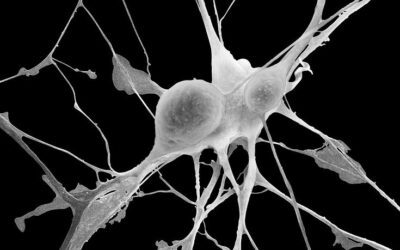



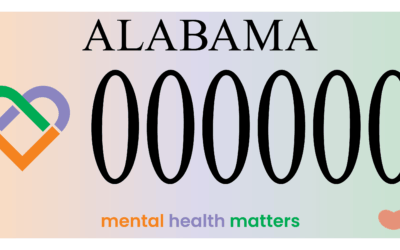









0 Comments